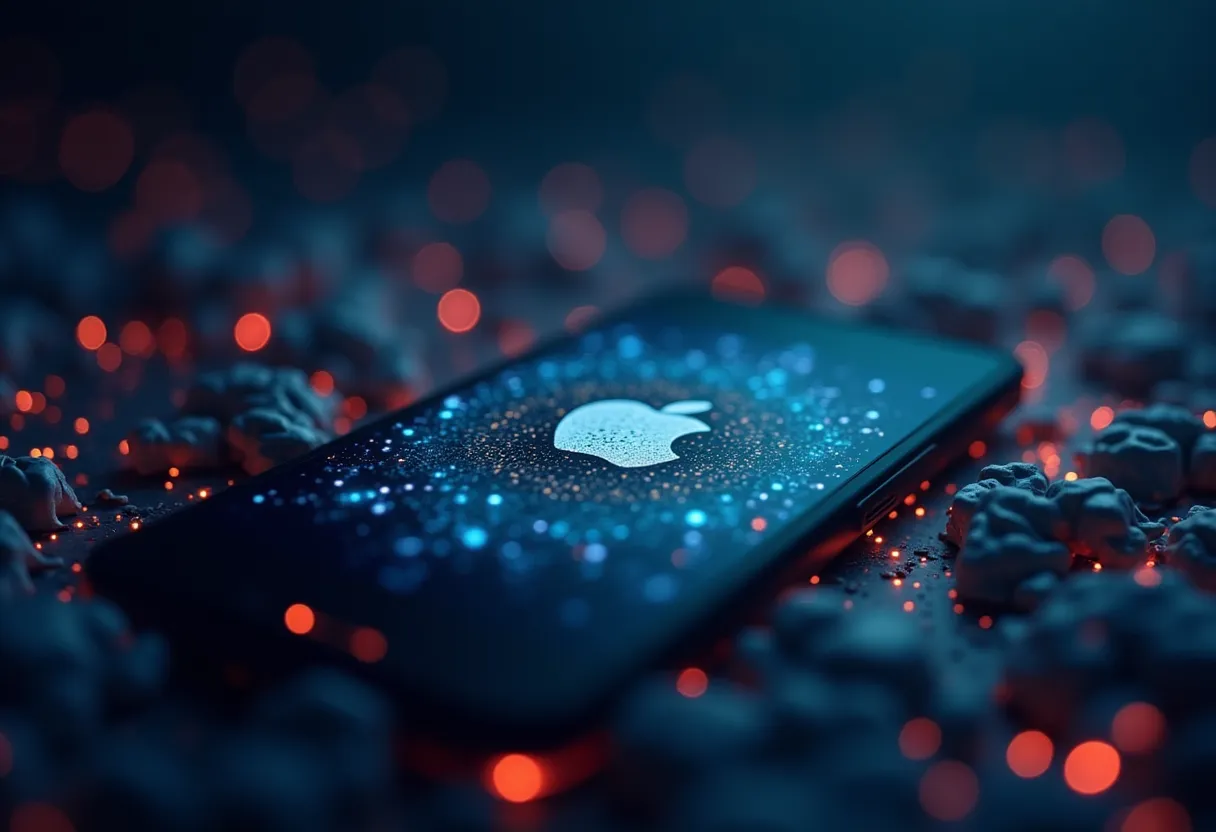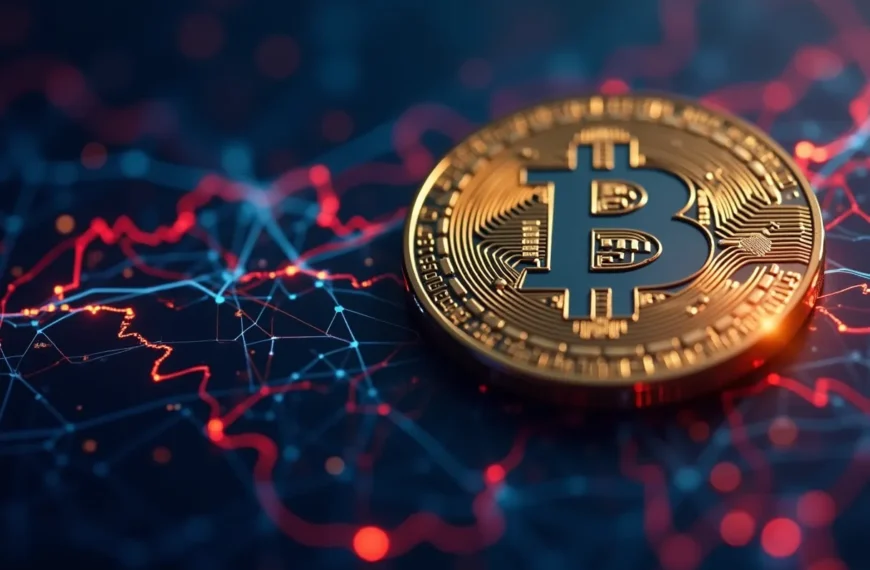Elon Musk Takes Legal Action Against Apple and OpenAI Over AI Monopoly
In a surprising turn of events, billionaire entrepreneur Elon Musk has initiated legal proceedings against tech giants Apple and OpenAI. The lawsuit claims that these companies are engaging in monopolistic practices regarding artificial intelligence (AI) technologies. This legal battle has sparked significant interest and debate within the tech community and among policy makers, raising questions about the future of AI development and competition.
The Basis of the Lawsuit
Musk’s legal action is rooted in concerns that Apple and OpenAI are consolidating control over AI technologies, which could stifle innovation and limit competition in the marketplace. In his complaint, Musk argues that:
- Market Dominance: Apple and OpenAI have effectively created an environment where they dominate AI technology development, making it challenging for smaller companies and new entrants to compete.
- Restrictive Practices: The lawsuit claims that both companies are employing restrictive practices that hinder the sharing and implementation of AI advancements, ultimately affecting consumers and businesses alike.
- Impact on Innovation: Musk believes that such monopolistic behavior could lead to stagnation in AI innovation, which is critical for the advancement of various industries.
Elon Musk’s Vision for AI
Elon Musk is no stranger to the conversation surrounding AI. As a co-founder of OpenAI, he has consistently expressed concerns about the potential dangers of unchecked AI development. Musk’s vision for AI is one that is safe, transparent, and beneficial to humanity. His stance emphasizes the necessity for a competitive landscape where multiple players can contribute to AI development.
Musk’s involvement with AI extends beyond his lawsuit. He has previously advocated for regulations that would ensure AI technologies are developed responsibly. His legal action against Apple and OpenAI appears to be a continuation of his efforts to promote a healthy competitive environment in the tech sector.
Reactions from the Tech Community
The tech community has reacted with a mix of support and skepticism regarding Musk’s lawsuit. Some industry analysts believe that Musk’s concerns are valid and highlight a growing issue of monopolistic power in the tech industry. They argue that without proper checks and balances, companies like Apple and OpenAI could control the future of AI development, potentially leading to negative consequences.
Conversely, others view Musk’s lawsuit as an opportunistic maneuver. They suggest that his motivations may be influenced by his vested interests in other AI ventures, including Tesla’s AI initiatives. The complexity of these motivations adds another layer of intrigue to the ongoing legal battle.
The Implications of the Lawsuit
Musk’s lawsuit against Apple and OpenAI could have far-reaching implications for the tech industry and the future of AI. Should Musk prevail in court, the outcome may set a precedent for how AI technologies are developed and regulated. Potential implications include:
- Increased Scrutiny: The lawsuit may lead to greater scrutiny of the practices of major tech companies, prompting regulatory bodies to take a closer look at their operations.
- Policy Changes: A successful lawsuit could inspire new policies aimed at promoting competition in the AI space, possibly resulting in more opportunities for startups and smaller firms.
- Innovation Boost: With increased competition, companies may be compelled to innovate more rapidly, leading to advancements that could benefit consumers and businesses.
The Future of AI Development
As the lawsuit unfolds, the future of AI development hangs in the balance. The legal battle highlights the critical need for a balanced approach to AI regulation, one that fosters innovation while ensuring ethical practices. Stakeholders in the tech industry are closely monitoring the situation, as its outcome could shape the landscape of AI for years to come.
Musk’s actions may also prompt other influential figures in the tech world to take a stand on similar issues. As discussions around AI ethics, safety, and regulation continue to evolve, the outcome of this lawsuit could be a catalyst for broader conversations about the responsibilities of tech giants in the development of emerging technologies.
Conclusion
Elon Musk’s lawsuit against Apple and OpenAI represents a significant moment in the ongoing discourse about AI and its implications for society. As the case progresses, it will be essential to watch how the courts respond to these concerns about monopolistic practices in the tech industry.
While the legal battle may be complex, it sheds light on the broader issues surrounding competition, innovation, and the future of artificial intelligence. The outcome could ultimately define the trajectory of AI development, setting the stage for a more competitive and responsible tech landscape. Whether this lawsuit will lead to meaningful change remains to be seen, but one thing is clear: the conversation about AI regulation is far from over.






